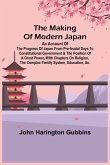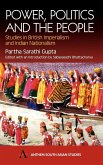Literature Review from the year 2009 in the subject History - Asia, grade: 85, Ben Gurion University (Middle Eastern Studies), course: Milestones in the Israeli-Palestinian Conflict, language: English, abstract: "Who controls the past controls the future. Who controls the present controls the past." Myth and ethos play a fundamental role in the formation and perpetuation of collective memory. They are most effective, as well as most dangerous, when they are held as truth without question. Furthermore, it is very difficult to uncover them if a population is not ready. According to David Castriota's Myth, Ethos and Actuality, "ethos [is] the essential variable in the equation or analogy between myth and actuality." Formed out of different components, memories and circumstances, ethos are often used for a special aim, for instance to justify certain actions and methods of a ruling class. Anita Shapira, a well known Israeli historian and professor at the Tel Aviv University,in her history Land and Power, The Zionist Resort to Force, 1881-1948 examines ethos, myths and narratives. Her voluminous study describes the ideological evolution of the Zionist movement from the First Aliyah (1881-1904) until the foundation of the State of Israel. The following analysis focuses on the main arguments and theories developed in Land and Power and examines them based on book reviews by renowned scholars. These scholars scrutinize the work from different perspectives and propose various criticisms, mainly concerning Shapira's conception of 'defensive ethos' and 'offensive ethos'.








